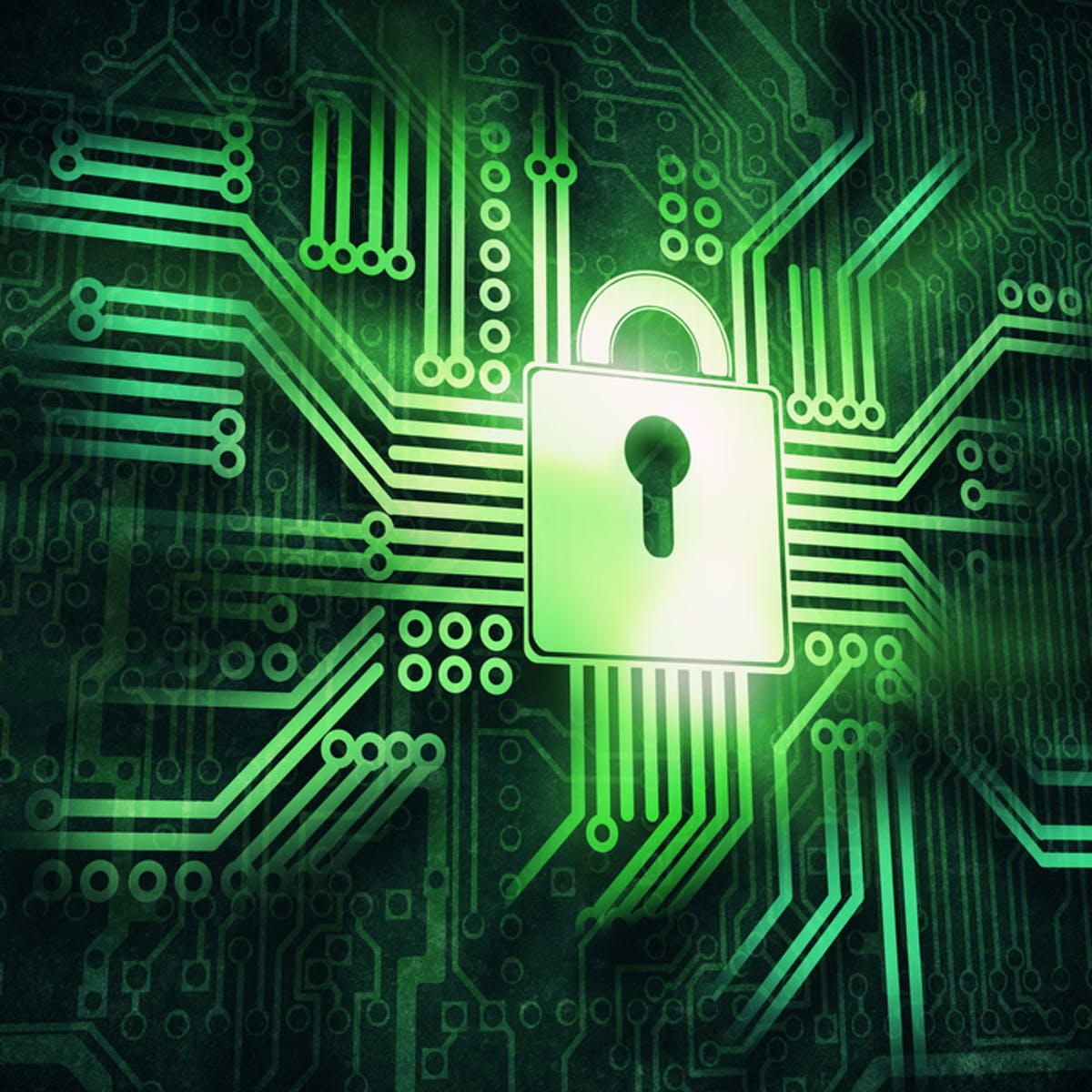To help taxpayers and tax pros, listed below are 10 basic steps everybody should remember during the holidays and as the 2022 tax season approaches:

- Don’t forget to use security software for computers, tablets and mobile phones — and keep it updated. Protect electronic devices of family members, especially teens and young children.
- Make sure anti-virus software for computers has a feature to stop malware, and there is a firewall enabled that can prevent intrusions.
- Phishing scams — like imposter emails, calls and texts — are the No. 1 way thieves steal personal data. Don’t open links or attachments on suspicious emails. This year, fraud scams related to COVID-19, Economic Impact Payments and other tax law changes are common.
- Use strong and unique passwords for online accounts. Use a phrase or series of words that can be easily remembered or use a password manager.
- Use multi-factor authentication whenever possible. Many email providers and social media sites offer this feature. It helps prevent thieves from easily hacking accounts.
- Shop at sites where the web address begins with “https” — the “s” is for secure communications over the computer network. Also, look for the “padlock” icon in the browser window.
- Don’t shop on unsecured public Wi-Fi in places like a mall. Remember, thieves can eavesdrop.
- At home, secure home Wi-Fi with a password. With more homes connected to the web, secured systems become more important, from wireless printers, wireless door locks to wireless thermometers. These can be access points for identity thieves.
- Back up files on computers and mobile phones. A cloud service or an external hard drive can be used to copy information from computers or phones — providing an important place to recover financial or tax data.
- Working from home? Consider creating a virtual private network to securely connect to your workplace